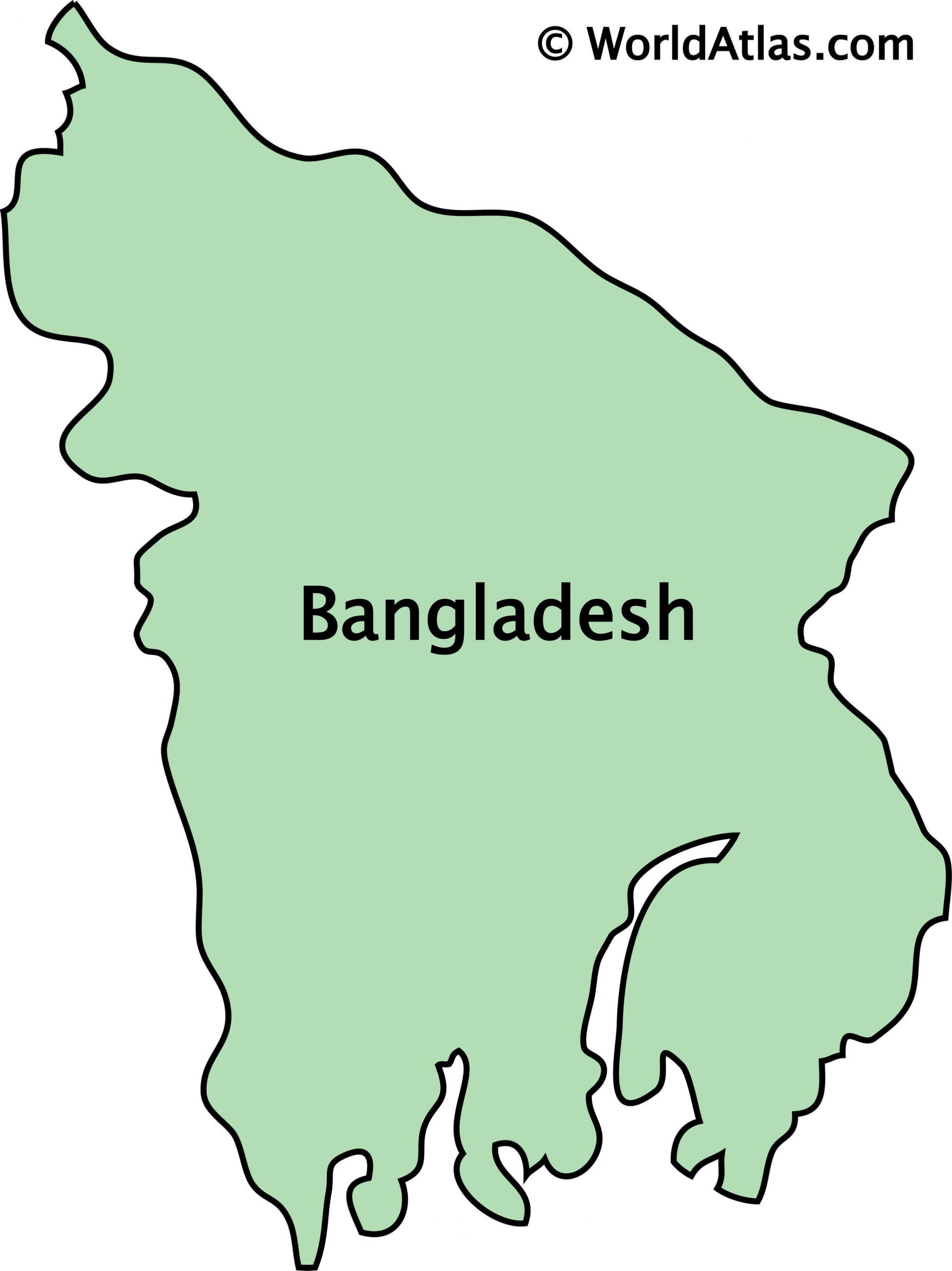Amnesty International has called on the Federal and State Governments to abolish the death penalty in Nigeria.
Mrs Barbara Magaji, Programmes Manager of Amnesty International, made the appeal during a stakeholders dialogue held in Abuja to mark the World Day Against Death Penalty. The event was organised in partnership with the French Embassy in Nigeria.
Magaji said all legal provisions that violate international human rights law, including those allowing the death penalty, should be removed. She urged the government to strengthen the criminal justice system to effectively investigate crimes, support victims, and ensure fair trials without using capital punishment.
She also called on the Federal Government and the National Assembly to abolish the death penalty for all crimes in the ongoing constitutional amendment process.
“There is no convincing evidence that the death penalty has a unique deterrent effect on crimes,” she said.
Magaji noted that despite the introduction of death penalty laws in 26 states and the FCT for crimes like kidnapping, banditry, cattle rustling, and cultism, insecurity has continued to rise.
According to her, Amnesty International’s 2024 report recorded 181 incidents of extra-judicial killings from banditry, terrorism, and other crimes, leading to 3,169 deaths and 881 kidnappings. In 2025, 2,313 deaths and 1,025 kidnappings were recorded from 204 insecurity incidents.
She said insecurity in Nigeria stems from multiple factors that need to be tackled through a broad, preventive approach rather than a “quick fix” response.
Amnesty International, she added, opposes the death penalty in all cases because it violates the right to life under the Universal Declaration of Human Rights and the African Charter on Human and Peoples’ Rights.
“The death penalty is often imposed after unfair trials, and even when fair, the risk of executing innocent people can never be removed,” she said.
Magaji stressed that Amnesty International recognises the pain of victims and their families and supports holding offenders accountable through fair trials without resorting to execution.
She added that 143 countries have now abolished the death penalty in law or practice.











